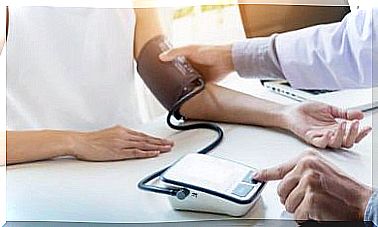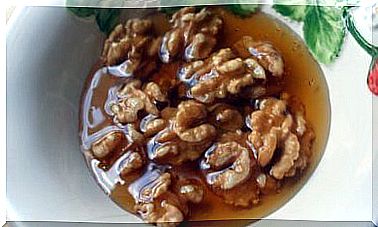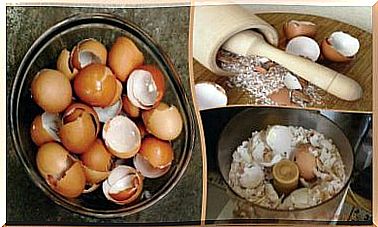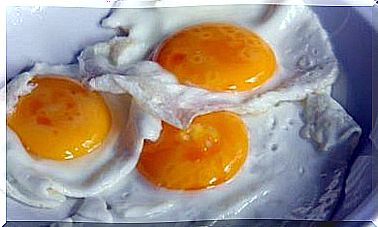Is It Safe To Consume Caffeine While Pregnant?
Is it good to consume caffeine during pregnancy? Find out here whether or not it is safe to drink coffee and consume foods that contain caffeine during pregnancy.
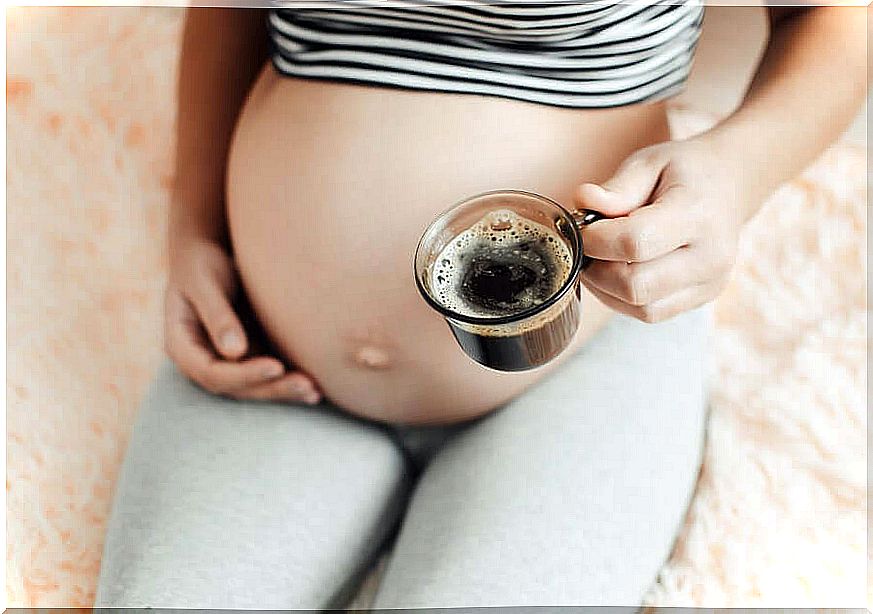
Once pregnant, the first doubts that arise usually relate to diet during pregnancy. Among these doubts is the one about caffeine: many women wonder whether or not it is safe to consume caffeine during pregnancy.
There are many myths and recommendations around this subject… Are these myths really true? In the rest of this article, we present the latest research on the subject.
Caffeine during pregnancy
Most of us drink coffee in the morning and continue to drink it throughout the day. However, did you know that caffeine is present in other drinks and certain foods?
Some soft drinks, chocolate, energy drinks, some herbal teas as mate or tea and even some medications contain caffeine. You must therefore take all these food products into account when calculating your daily caffeine intake!
Myths and truths
There are many myths in society about caffeine consumption during pregnancy. Thanks to scientific research on the subject, let’s find out together whether these myths are true or not.
1. Caffeine is believed to be the cause of birth defects in babies
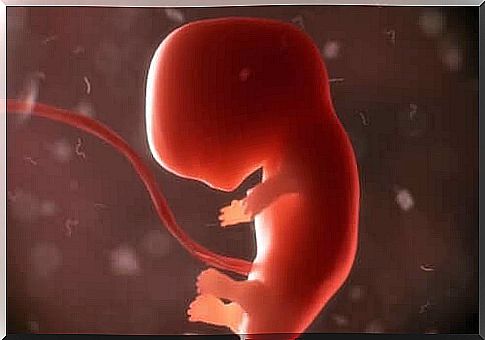
Some animal studies have found that mothers who consumed caffeine were at greater risk of giving birth to children with a birth defect. However, the results of studies in humans have not been conclusive.
A 2011 study analyzed the link between caffeine consumption during pregnancy and the presence of birth defects. Abnormalities such as esophageal atresia, microtia, craniosynostosis, diaphragmatic hernia, omphalocele, and laparoschisis.
Although the researchers found a slight increase in the risk of the presence of such an abnormality in women who had consumed caffeine during pregnancy, the results were not sufficiently convincing. It is therefore necessary to continue research on this link.
2. If you drink caffeine during pregnancy, the baby may have a low birth weight.
In 2014, researchers carried out an in-depth analysis of thirteen already existing studies to determine whether there really is a link between caffeine consumption during pregnancy and a baby’s low birth weight (less than 2.5 kg). .
The results showed that high caffeine intake is associated with a greater risk of a baby being born low weight. For this reason, it is recommended that you minimize your caffeine intake.
3. Caffeine could cause spontaneous abortion
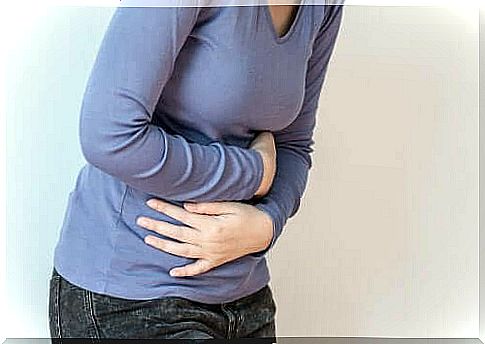
Researchers analyzed twenty-eight studies to determine if there is a real link between caffeine consumption and spontaneous abortions.
The results suggested that there is a relationship between these two factors. For every increase of 150 mg per day, the risk would increase by 19%.
4. The caffeine would pass through the placenta and thus could affect the baby.
Different studies have confirmed this urban legend. If the mother consumes caffeine, the baby also consumes it through the placenta. As you probably know, caffeine is a stimulant that can cause insomnia and other inconveniences.
If you ingest caffeine, your child also ingests caffeine and can then enter a phase of hyperactivity which will prevent him from sleeping, which will also prevent you from sleeping. For this reason, pregnant women should limit their intake of caffeine.
5. If you drink a lot of coffee, you may be dehydrated.
Caffeine in coffee, tea, and other drinks, as well as in some foods, is a diuretic. Therefore, it increases the frequency of urination.
People who drink a lot of caffeine have a greater risk of dehydration, one of the most serious complications during pregnancy.
6. Regular consumption of caffeine would induce premature labor.
If you’ve heard this phrase at any point in time, know that it’s not all that wrong. However, this claim holds true when caffeine intake is actually high.
The American College of Obstetricians Gynecologists (ACOG) reports that high intake (more than 200 mg per day) increases the risk of premature labor.
In short …
At present, there is not enough conclusive data to say that consuming caffeine during pregnancy is safe for the baby. Nevertheless, it is generally considered that moderate consumption, namely less than 300 mg per day, should not cause complications.
For mothers who cannot avoid caffeine consumption during pregnancy, either because they are used to drinking a lot of coffee or because coffee is one of their cravings as a pregnant woman, the World Health Organization recommends that they at least moderate their consumption. If you have the slightest doubt on the subject, do not hesitate to talk to your doctor.
